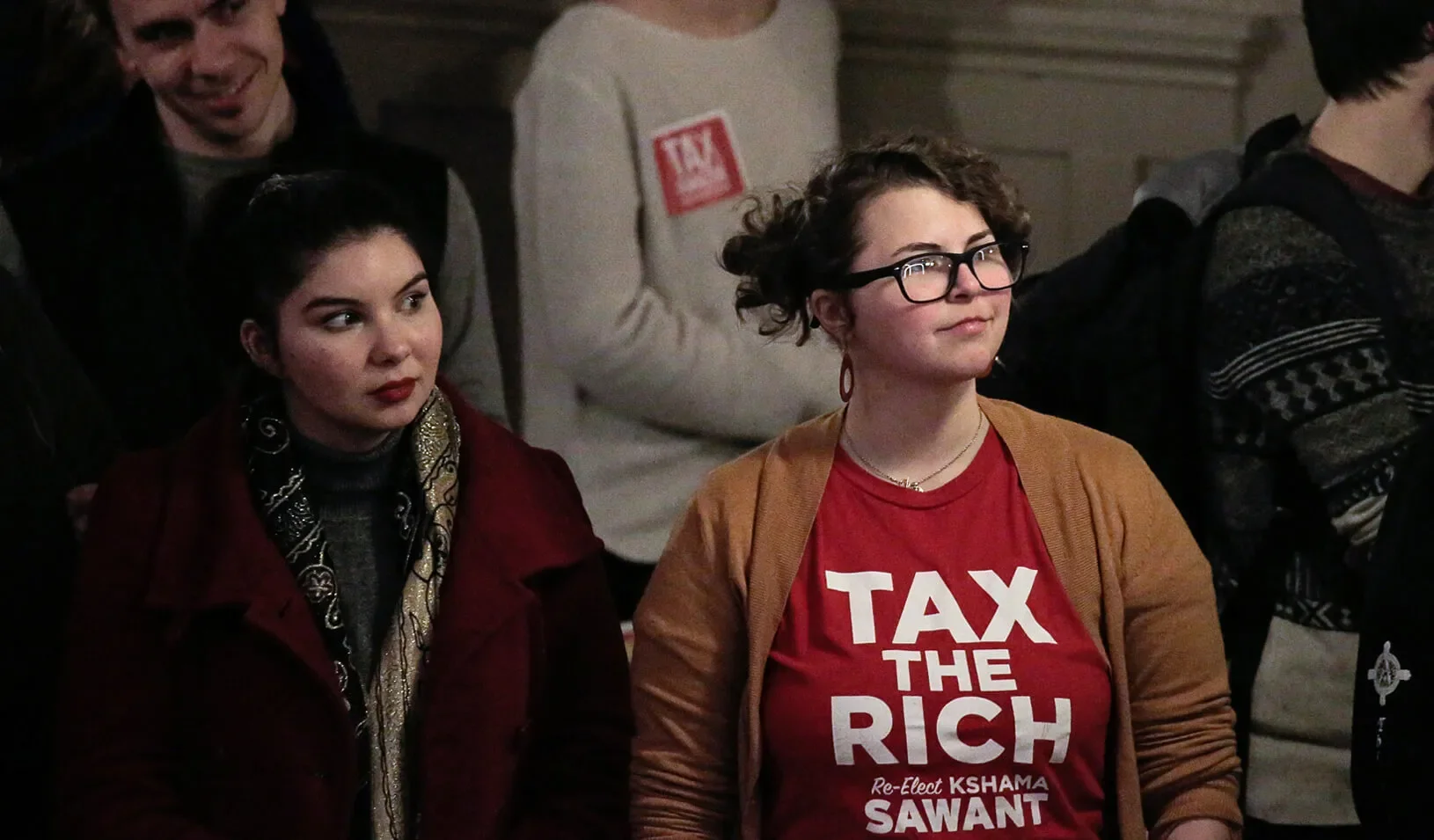March 05, 2020
| by Patrick J. KigerTaxation is a hot topic in the 2020 presidential race, with Democratic contender Senator Bernie Sanders of Vermont proposing to pay for social programs by levying a new type of tax on the ultra-rich. Sanders would collect a percentage of the net worth of everyone who’s amassed $32 million or more.
A recent survey by a pair of Stanford Graduate School of Business researchers, based on the views of 3,062 American adults, finds that soaking the rich actually is a pretty popular idea, supported by 65% (while 23% oppose it). It’s favored by most people across all income levels and political affiliations.
But support for the wealth tax for those with fortunes worth at least $50 million does come with one sizable caveat, explains Stanford Graduate School of Business accounting professor David F. Larcker. If Americans are asked whether they’d still support a wealth tax if it led to a decline in the U.S. economy or high unemployment, many flip their positions, so that 53% oppose a wealth tax, while just 26% support it.
“People don’t just have a knee-jerk response,” explains Larcker, who also serves as director of Stanford GSB’s Corporate Governance Research Initiative and as a senior faculty member at the Arthur and Toni Rembe Rock Center for Corporate Governance. “They seem to have some tacit understanding of the economics of the thing. If it’s a straight transfer of wealth, with no effect on the economy, they support it. But if it would cause the economy to suffer, they quickly change their position.”
“It flipped so significantly on the simple added sentence,” concurs Larcker’s coauthor Brian Tayan, a CGRI researcher. “There is a two-level reaction. One is the gut feeling on whether something is fair; the second is what the economic impact might be. People become pragmatic once they see an effect.”
Like the original position in favor of the wealth tax, the abrupt shift to opposition was consistent across political affiliations and household income-tax levels.
The survey found that Americans’ views on taxation and wealth were complex in other ways. Though some candidates in the race use “billionaire” as a pejorative term, Americans overwhelmingly oppose the idea of imposing a limit on the maximum amount of wealth that a citizen or household can have, by a 67-to-21% margin. Wealth limits are rejected even by low-income households, by a 59-to-27% differential.
Additionally, 55% of Americans reject the idea of the government paying a universal basic income of $1,000 a month to all Americans over the age of 18, an idea proposed by former candidate Andrew Yang, who dropped out of the race in February. But there was a split along party lines. Democrats actually favored the concept by a narrow margin, but Republicans and Independents mostly rejected the idea.
“Though it varies according to partisanship, I would say that most people embrace capitalistic ideas,” Larcker says.
Corporate Attitudes
The disproportionate amount of wealth and power amassed by big-tech companies such as Amazon, Apple, Google, and Facebook also has become a campaign issue, with Sanders and Warren both championing the idea of breaking up the tech giants. But only 31% of Americans favor doing that, with 42% opposed, with little discrepancy along political lines.
But Americans are far less sympathetic to big companies if their CEOs receive compensation that’s more than 50 times the pay of their average employee. Some 65% say those companies should pay a higher corporate tax rate, while just 22% think the companies’ taxes shouldn’t go up. While that position was favored across all political affiliations and income levels, Democrats held the position most strongly, with 75% favoring it. Only 58% of Republicans wanted to penalize the companies with highly paid CEOs.
Government Distrust
Although Americans want wealthy individuals and companies with excessive CEO compensation to pay more taxes, they mostly see it as a statement about paying one’s share rather than because they think the government could use it to lessen income equality. Only 25% of Americans say that they trust the U.S. government to spend tax revenues effectively to lessen the gap between the rich and the poor. But even among Democrats — who are often stereotyped by the opposition as being “tax and spend” proponents — only 28% have faith in elected officials to use the money to reduce income inequality.
The survey also found that there was more support for the wealth tax and for taxing companies with excessive CEO pay in competitive “purple” states where neither Democrats nor Republicans have a safe advantage. Candidates who favor those positions might want to emphasize them more in those places.
For media inquiries, visit the Newsroom.






